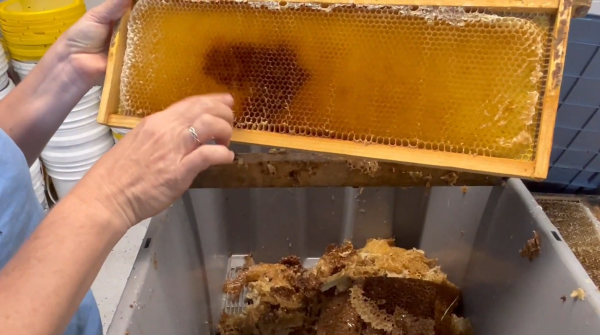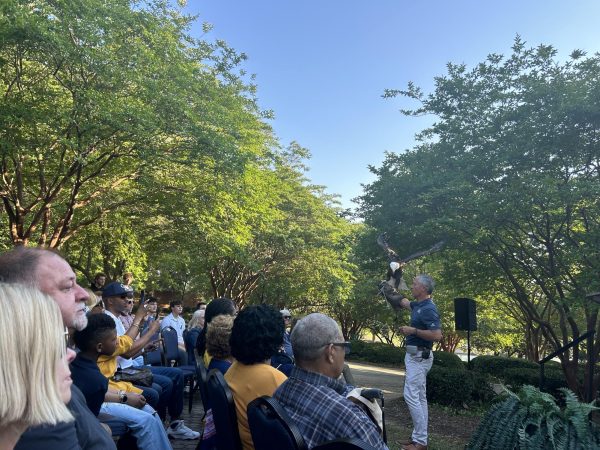Avoiding Hurricane Harvey donation scams
September 5, 2017
The Georgia Southern University Information Technology Communications warns that students could be vulnerable to scams while attempting to help Hurricane Harvey victims.
Cyber criminals are exploiting the recent events of Hurricane Harvey and potentially pocketing donations that are advertised as going to a good cause.
Avoiding scams
If you would like to make a donation the GS IT department suggests:
- Going to the website of the charity of your choice and make a donation.
- Type the address in your browser or use a bookmark.
- Do not click on any links in emails or texts you might get.
According to CNN, you should stay away from suspicious websites, emails, and phone calls and never open emails that claim to show pictures of the disaster as they may contain viruses.
Knowing where your donation is going:
While scams of this nature have been around for as long as charities, and many charities have caught flack for not being entirely truthful about where their donations are going, the internet makes it incredibly easy to fall victim to a scandal.
Websites like Charity Navigator allow people to see where their donations are going within each charity organization more objectively and has been advocated by websites like Time and Forbes.
On Charity Navigator, you can search a specific charity organization or search by cause type, and the site works to judge the validity of a charity by using charities 990 forms from the IRS. This allows it to know which charities are real or fake and track where donations are going.
Some religious organizations like The Salvation Army, however, are exempt from being evaluated by the Charity Navigator website due their religious affiliation and the IRS code which allows religious organizations different rights.
Local stores allow customers to donate through their businesses to help the victims of Hurricane Harvey. While this form of donation can be safe, it is important to know that these stores are the middlemen that are donating to specific organizations. To know where your donation is going, make sure to ask an associate before donating.
While these tips particularly apply during disaster situations like Harvey, they should be used at all times to avoid donor fraud.
The GS IT department encourages students to be aware of their donations and to “Think before you click.”














